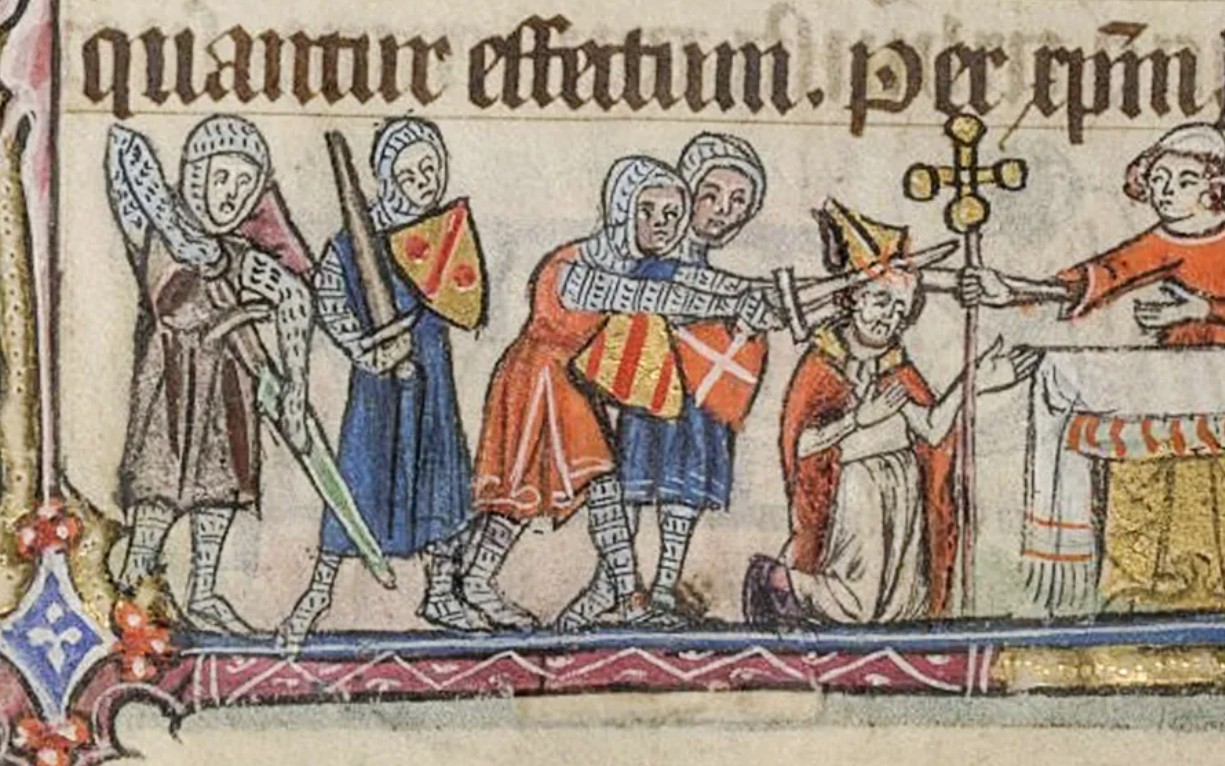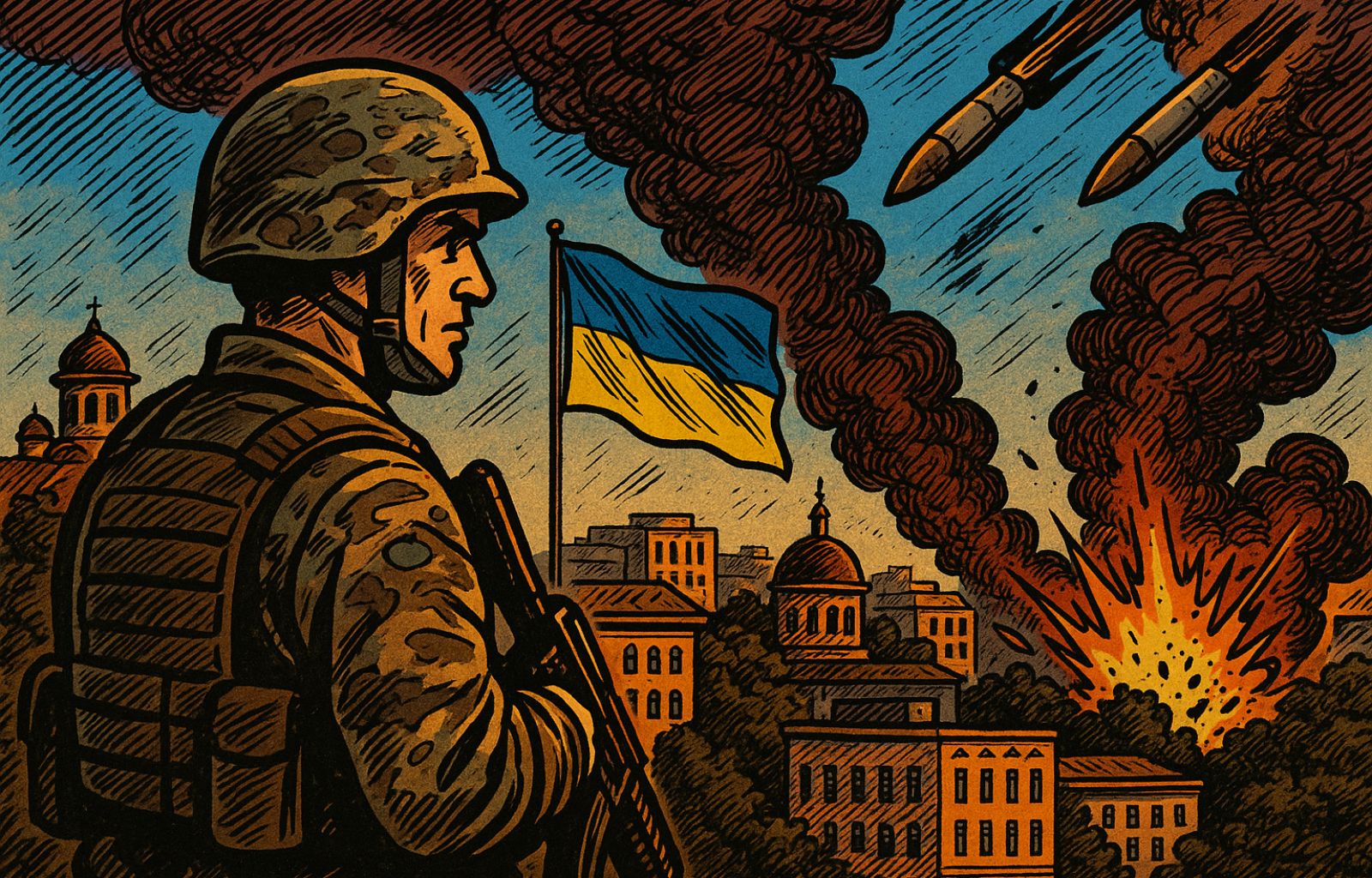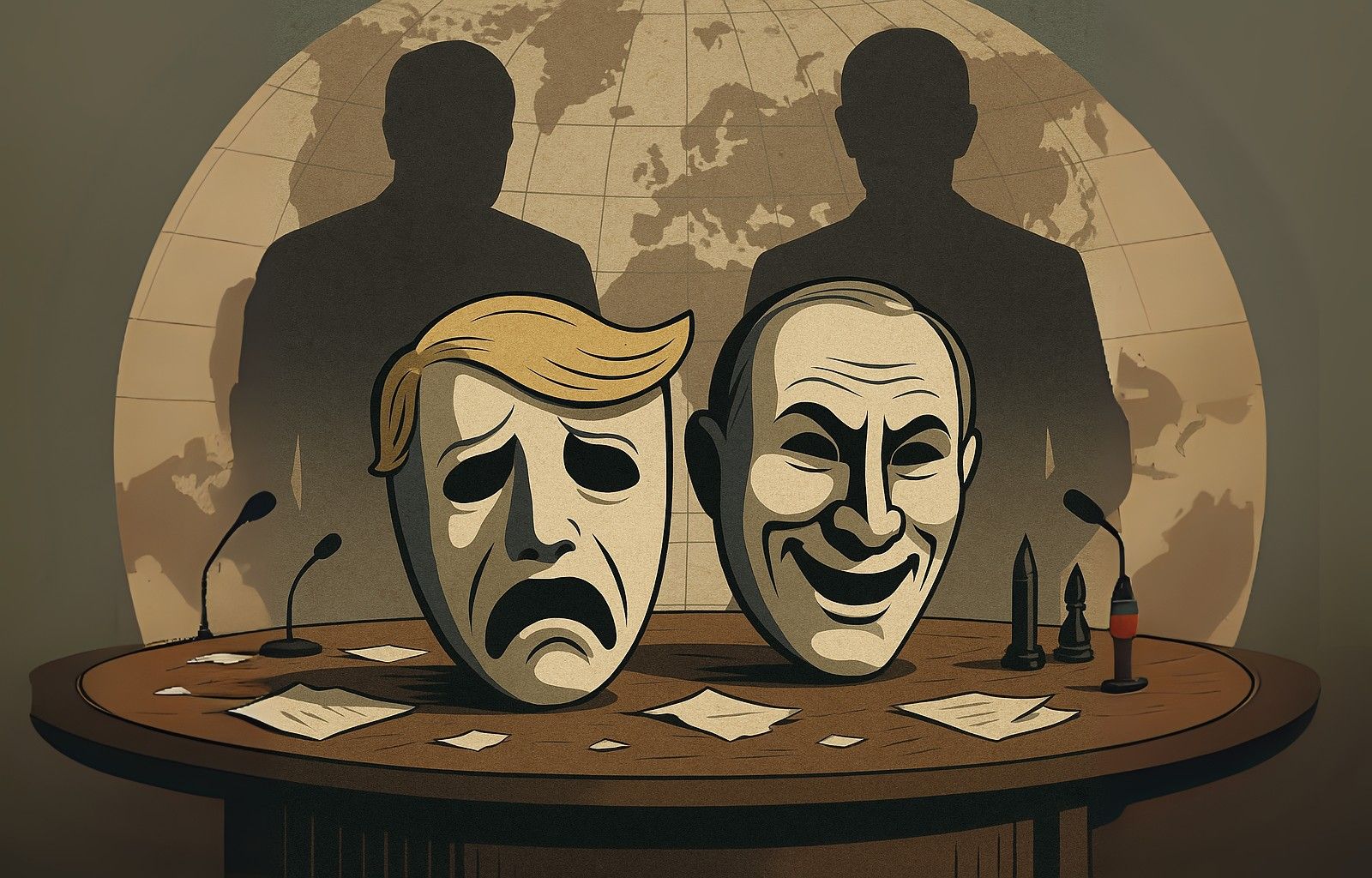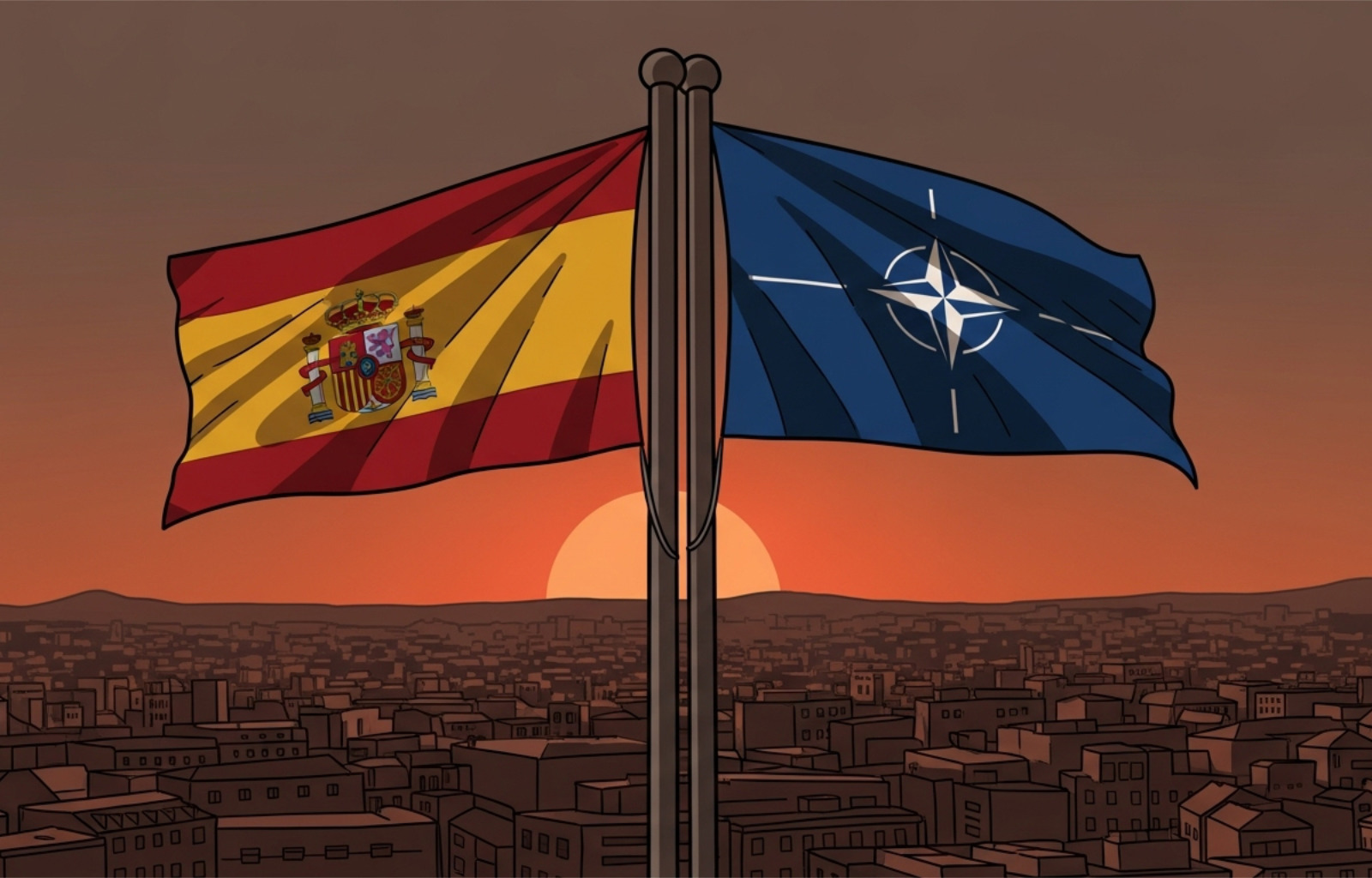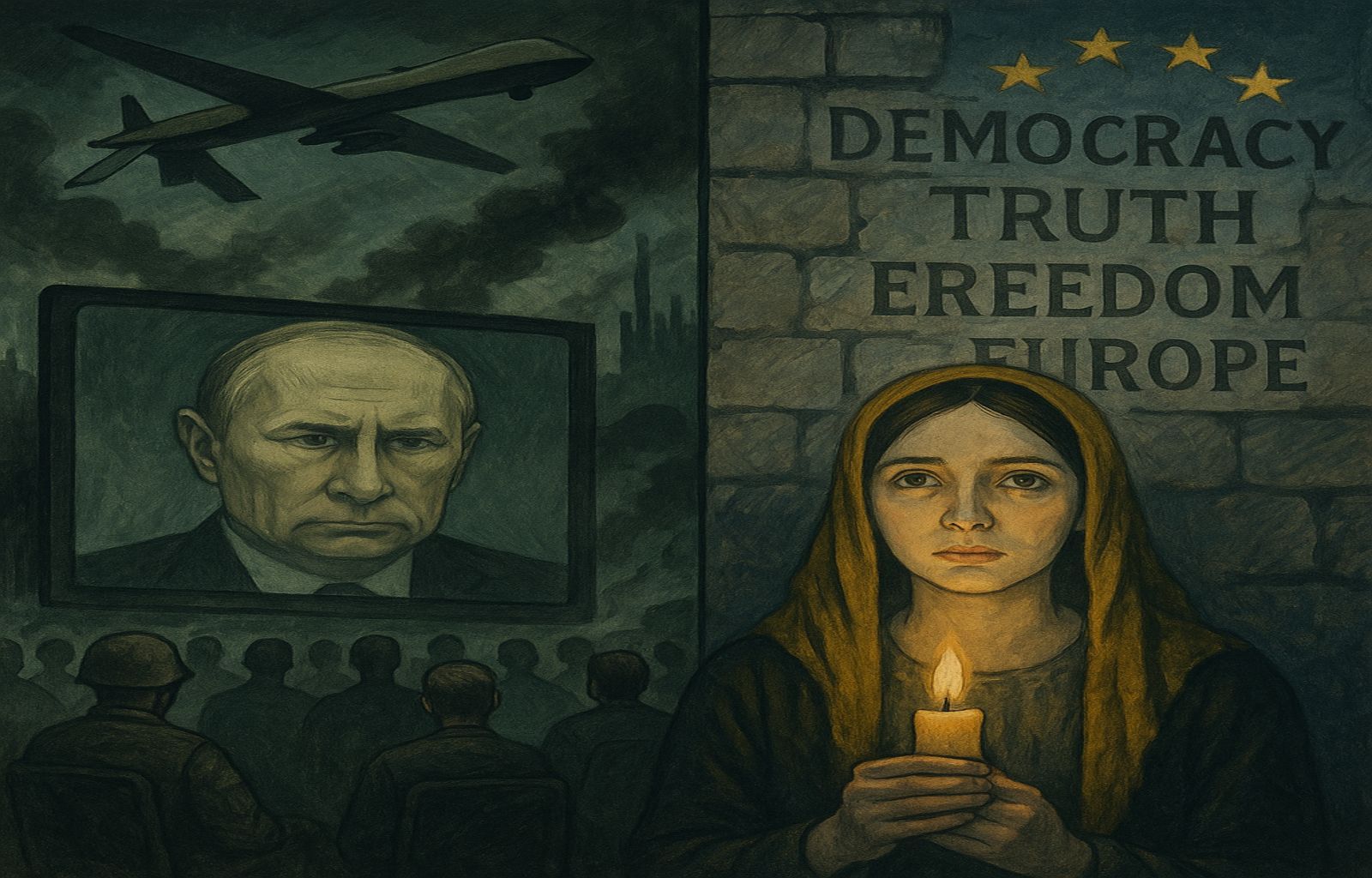Tusk slaps Orbán: ‘Consequences for those who side with Putin’

European politics is again the scene of high diplomatic tensions, with Viktor Orbán, Prime Minister of Hungary, at the centre of controversy. Donald Tusk, former Polish prime minister and current president of the European Union, launched a harsh attack against Orbán, accusing him of siding with Vladimir Putin at a crucial time for Europe’s security and future.
In a statement that has already made the rounds of the European chancelleries, Tusk said:
“If Prime Minister Viktor Orbán really does block European sanctions at a crucial moment in the war, it will be absolutely clear that, in this great game for Europe’s security and future, he is playing on Putin’s team, not ours. With all the consequences that this entails‘.
Orbán threatens veto of sanctions
The latest political crisis erupted after Orbán threatened to veto the new sanctions package against Russia put on the table by the European Union in response to the escalating war in Ukraine. Hungary justified its stance by arguing that further punitive measures against Moscow would risk damaging the European economy, but many European leaders see this stance as a deliberate attempt to sabotage the unity of the Union at a crucial moment. On the other hand, just a few days ago, it was Putin himself who insinuated that his fifth columns in the EU would more explicitly go into action.
Orbán stated that his government would not approve sanctions without concrete guarantees on Hungarian energy interests, in particular on the security of Russian gas and oil supplies. This attitude alarmed Brussels, as a veto could slow down coordinated action against Russia and weaken Europe’s position on the international stage.
Donald Tusk’s words and possible consequences
If Orbán actually decides to block the sanctions, the consequences could be significant:
- Political isolation of Hungary
The veto threat risks further isolating Budapest diplomatically. European leaders, already exasperated by Orbán’s ambiguous positions towards Russia, may intensify political and economic pressure to contain his actions. - Blocking of EU funds
The EU could strengthen the use of rule of law mechanisms to suspend or reduce funds for Hungary. Brussels has already initiated similar measures in the past in response to Orbán’s democratic violations. - Activation of Article 7 of the EU Treaty
Orbán’s threats could reignite the debate on the activation of Article 7, which allows for the suspension of a member state’s voting rights in the event of a serious breach of the fundamental values of the Union. This would be a preliminary step towards a potential institutional isolation of Budapest.
Europe at the crossroads
Orbán’s veto threat represents a critical moment for the European Union. On the one hand, it reaffirms the need to strengthen mechanisms to ensure that all member states respect common values and goals. On the other, it underlines the fragility of European unity when it comes to dealing with geopolitical challenges of global significance.
Donald Tusk’s words resonate like a warning: Europe cannot afford internal divisions while facing one of its most serious crises. Orbán, with his actions, risks redefining Hungary’s role in the EU, opening a debate that could mark the future of the continent. The ball is now in Brussels’ court to decide whether to respond firmly or seek a compromise with an increasingly problematic ally.



